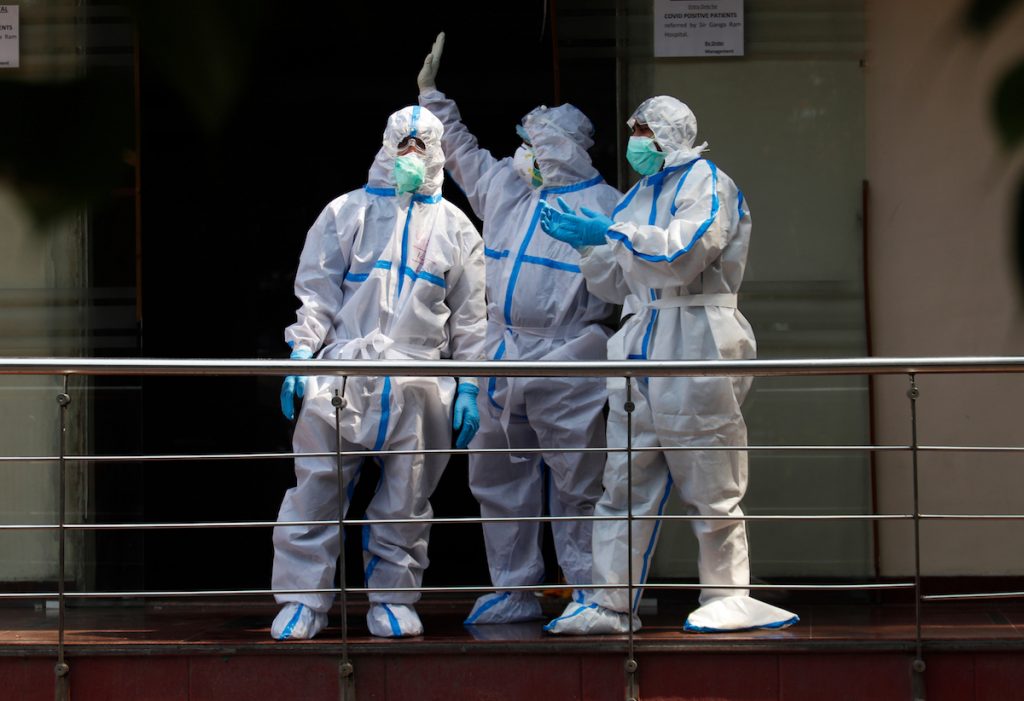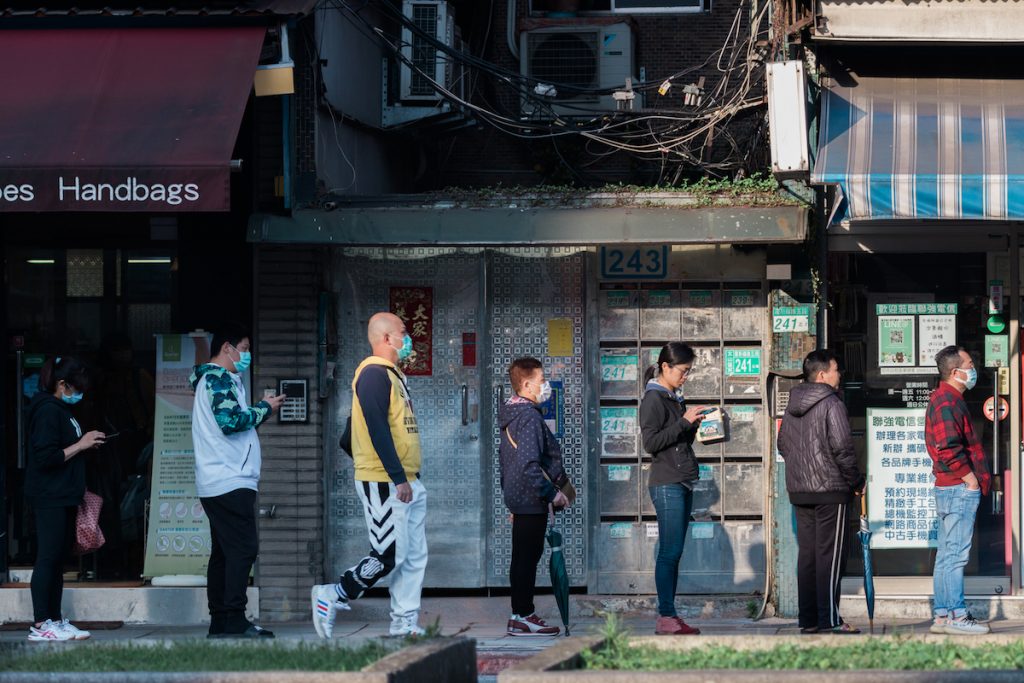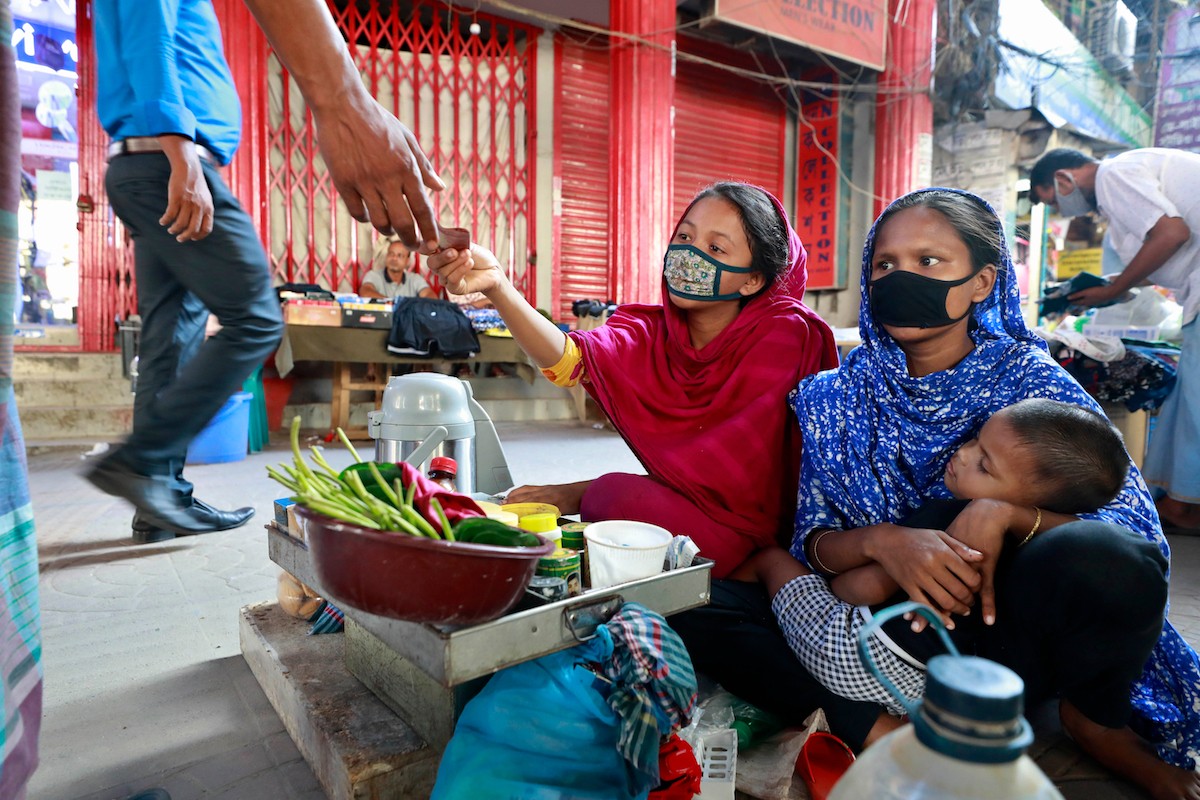The Vatican’s Pontifical Academy for Life have called on people to share a “common responsibility” and “ethics of risk” amidst the new coronavirus pandemic.
In a document released July 22, the academy cited lessons the human family can learn from the pandemic and urged everyone to protect the most vulnerable of society.
Titled “Humana communitas in the age of pandemic: Untimely meditations on life’s rebirth,” the document recognized that COVID-19 “has brought desolation to the world.”
“Despite the situation we find ourselves in, we are ‘summoned to the courage of resistance,’” read the document, adding that everyone should, however, give thanks for the gift of life.
“We have come to realize, like never before, that this strange predicament, long-since predicted, yet never seriously addressed, has brought us all together,” it said.
The document said that lessons learned during the crisis must convert the thoughts and actions of the human family to protect the most vulnerable sector of society.
“The lessons of fragility, finitude, and vulnerability bring us to the threshold of a new vision,” it said.
“They foster an ethos of life that calls for the engagement of intelligence and the courage of moral conversion,” it added.
“To learn a lesson is to become mindful, once more, of the goodness of life that offers itself to us, releasing energy that runs even deeper than the unavoidable experience of loss, that need to be elaborated and integrated with the meaning of our existence,” it added.

The document urged everyone to develop the “ethics of risk” that rejects regionalism and gives equal recognition to everyone’s well-being especially the most vulnerable.
“We need to flesh out a concept of solidarity that extends beyond generic commitment to helping those who are suffering,” it said.
A pandemic urges all of us to address and reshape structural dimensions of our global community that are oppressive and unjust, those that a faith understanding refers to as ‘structures of sin,’” read the document.
It noted that the pandemic gave “globalization” a positive meaning as scientific knowledge, medical technologies, and health practices are shared to all.
“At the same time … we have found ourselves differently linked, sharing in a common experience of contingency: sparing no one,” it said.
The document noted that the pandemic “has made us all equally vulnerable, all equally exposed.”
It also reflected on the “hard reality of lessons learned” in the midst of the global health crisis.
“The pandemic has given us the spectacle of empty streets and ghostly cities, of human proximity wounded, of physical distancing,” it said.
“It has deprived us of the exuberance of embraces, the kindness of hand shakings, the affection of kisses, and turned relations into fearful interactions among strangers, the neutral exchange of faceless individualities shrouded in the anonymity of protective gears,” added the document.

The academy recognized that restrictions on social contacts “can lead to situations of isolation, despair, anger, and abuse.”
It noted that the suffering of elderly people has become “more pronounced” because of “diminished quality of life and lack of visiting family and friends.”
The pandemic taught the human family the lesson of “fragility,” read the document, adding that it is a consequence of the human family’s abuse and misuse of Creation.
“The COVID-19 epidemic has much to do with our depredation of the earth and the despoiling of its intrinsic value,” read the document.
“It is a symptom of our earth’s malaise and our failure to care. Moreover, it is a sign of our own spiritual malaise,” it added.
It noted, however, that the pandemic has revealed the “interconnectedness” of people that “makes us all strong or, conversely, vulnerable, depending on our own attitude toward it.”







